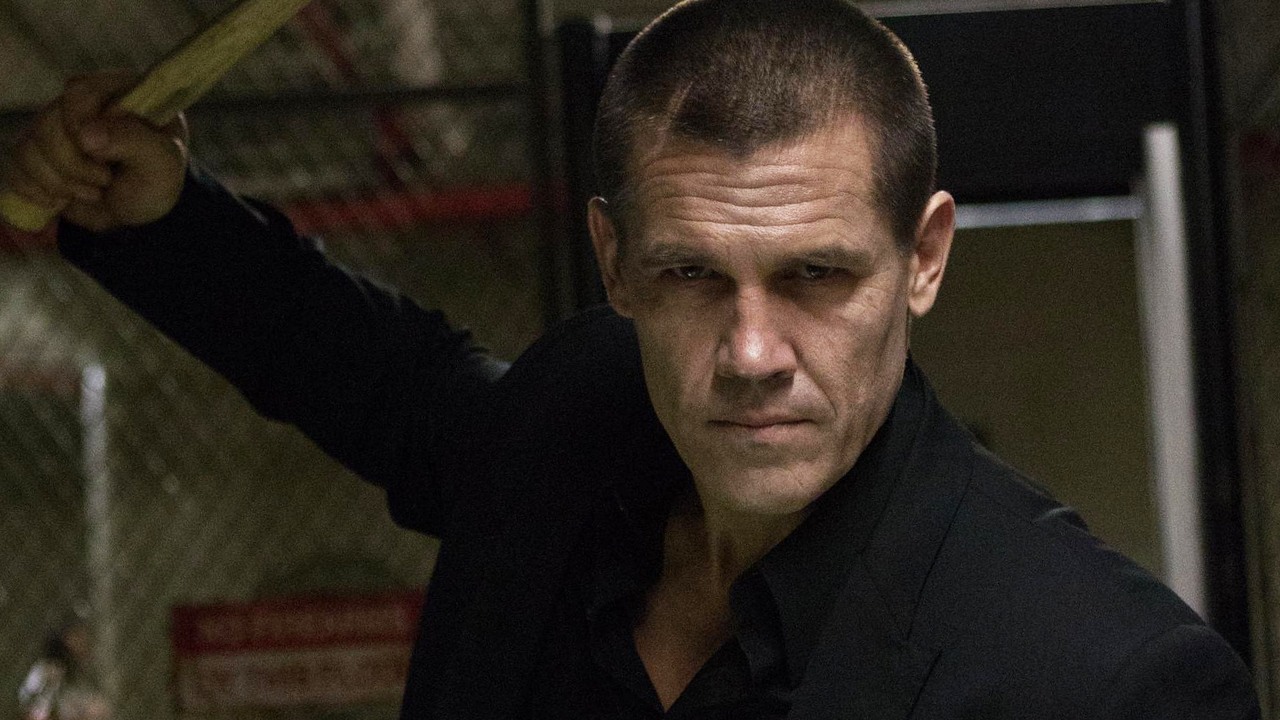
Remakes are a part of the cinematic universe whether we like to admit it or not. Sometimes these remakes are good, or possibly even great, managing to feel fresh and unique in its presentation of an old story.
These films are the opposite, though. They could not, do not, or stubbornly refuse to be anything more than carbon copies of their predecessors, poor attempts at stereotypical genre films (meaning, for instance, a horror remake that stubbornly sticks to horror stereotypes or clichés over anything else), or some combination of the two. Whether a cinephile, average filmgoer, or filmmaker these are the kinds of remakes one should avoid as much as possible.
1. The Fog (Rupert Wainwright, 2005)
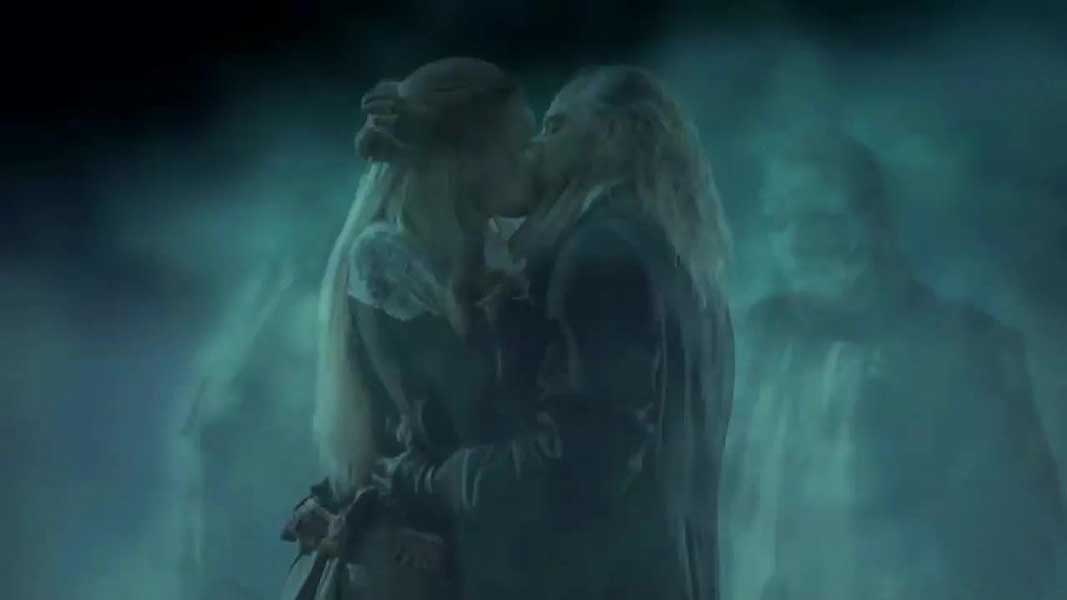
John Carpenter’s The Fog is not his most well known, or most well received film. It pales in comparison to many others in his filmography, but it was still – at the crux of it – a Carpenter film. If there’s any true statement that can be made about Carpenter, it’s that he cannot be replicated. This can be said for any auteur. The remake of The Fog fails simply, but not only, because it attempts to replicate Carpenter.
The single biggest factor in a horror film – in terms of its success or failure-, or a thriller, is cinematic atmosphere. Atmosphere can be created in a number of ways, but film’s biggest allies in this respect are visuals and audio. Wainwright’s visuals are sadly lacking in every way. In its best moments, the visuals are amusing and, at worst, they are laughable. Moreover, the audio can never compare to Carpenter’s compositions.
The icing on the cake – a rather distasteful icing on a rather derisible cake – is that both Maggie Grace and Tom Welling have little to no development, likability or appeal beyond a strictly superficial level. Furthermore, neither actor gives a convincing performance. With both of those factors, and additionally the lack of any real visual or auditory atmosphere, Wainwright’s The Fog is a truly pitiful remake that is inferior in every way to Carpenter’s original version.
2. Prom Night (Nelson McCormick, 2008)
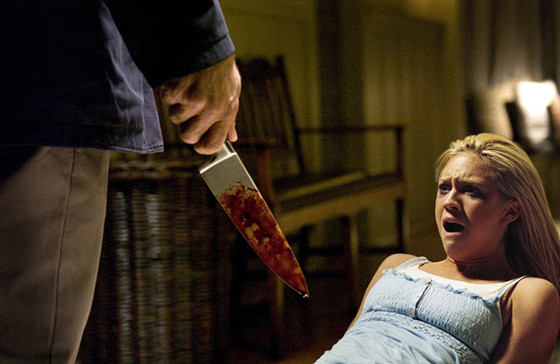
Ever since Carpenter’s Halloween and Craven’s A Nightmare on Elm Street (and even before that, for that matter) modern horror films have had a very predictable formula insofar as their progression of events, cinematography, and even sound design. The music is similar – in some cases even the same – as earlier horror films, the cinematography is adopted and molded into something more modern, and the plot is roughly the same lump of candy in many different wrappers.
The issue here, then, is not that there is a remake of Prom Night – a rather silly horror film, even by 80’s standards – but rather that the remake is such a slog. It’s apathetic, lazy, and cringe worthy.
It all comes down to the writing. As the adage goes: the best director can’t make a good movie if the script is awful, but a bad director can make a decent movie with a good script. The script is awful, with hackneyed dialogue, ridiculous plot contrivances, and very little character development (with a lot of attempts to forcibly make us care about these characters). Not even the best director could have made a decent horror film with that script.
3. The Wicker Man (Neil Labute, 2006)
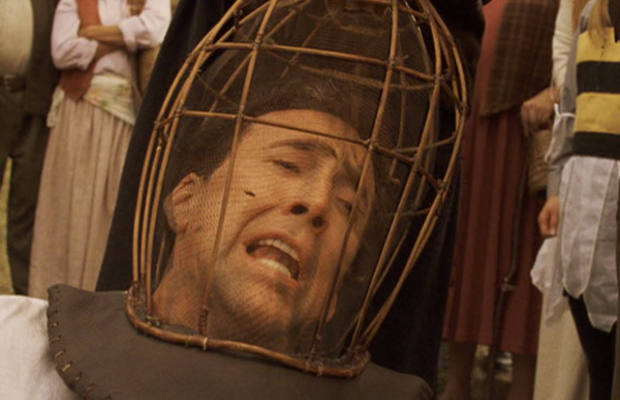
This really needs no explanation. Neil Labute’s The Wicker Man is a laughable attempt to capture the tension and psychological horror of Robin Hardy’s version. On top of casting Nicolas Cage, the script for this film feels more absurdist than horrific. I imagine the scripting of the infamous “the bees” scene would not have translated well, no matter whom you put in the contraption.
Furthermore, the original came in a span of about 10 years wherein films with religious themes warning of darker practices were common (Rosemary’s Baby in ’68 and The Omen in ’76, for example which were both about Satanism, and Eyes of the Devil in ’66 which was about Paganism, and, of course, The Exorcist in ’73) that tapped into a cultural fear of the unknown while simultaneously preaching a message of faith that the United States, in particular, was enamored with.
Not only does the remake of The Wicker Man not tap into this cultural fear, it manages to make a mockery of it. It’s not a horror film by any standards, whether by a social or critical perspective (even Nicolas Cage thinks the film should be viewed as a black comedy, not a horror film).
4. Clash of the Titans (Louis Leterrier, 2010)
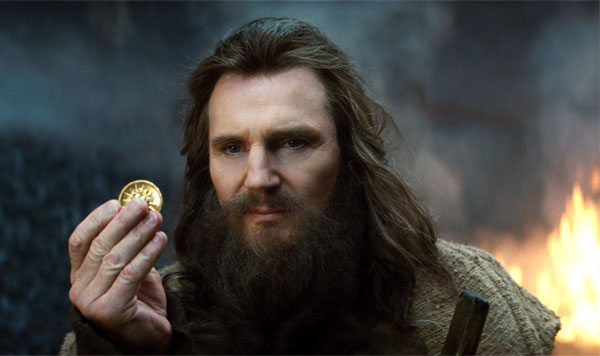
The myth of Perseus is rich with philosophical and narrative implications, appealing to the emotion and sympathy of the viewer with its usage of tragic storytelling both common and beloved by the ancient Greeks. The 1981 Clash of the Titans was not perfect by any means, but it managed to capture the essence of the story while also presenting some really incredible effects for the time.
The 2010 version vaguely waves at the original Perseus narrative, inserting some characters where necessary, but relishes and prioritizes CGI spectacle over narrative heft. While in the original the spectacle bolstered the story, adding a new visual dimension to the narrative, the remake barely attempts to hide its obsession with visual flair.
The sequences with the scorpions, Medusa, and the Kraken are all indicative of this reliance on spectacle and flash. Leterrier really should have read Aristotle’s Poetics, wherein he would have learned that the most important aspects of tragedy are plot and character, and the least important aspect is spectacle.
5. Psycho (Gus Van Sant, 1998)
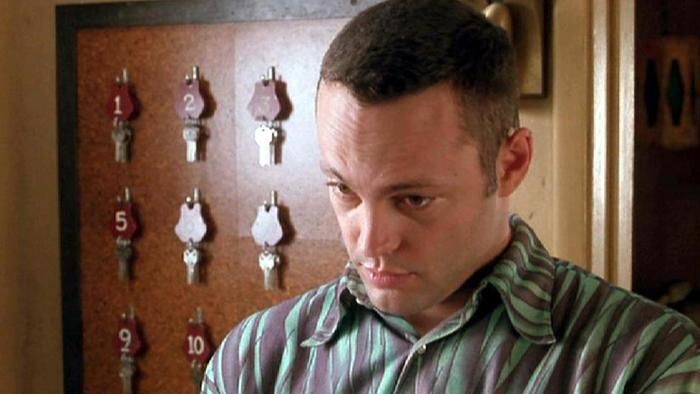
Alfred Hitchcock is one of film’s most iconic directors (if not the most iconic director) so the concept of remaking his most well known film is a boggling thought with an equal amount of cynicism. It would be easy to say that Gus Van Sant’s remake fails because of this simple fact. If there’s a director that is impossible to replicate, it’s Hitchcock. But it fails on numerous other levels as well.
Firstly, the entire concept of this film was to make a shot-for-shot remake of Hitchcock’s original. As has been mentioned a few times thus far, reliance on the original is kryptonite to any director’s attempt to remake another film. In this respect the concept of a shot-for-shot remake is a large step towards failure.
Moreover, this brings a further implication: replacing the actors of the original whom were equally iconic. Casting Vince Vaughn (whose attempt to play both comedic and dramatic roles has not paid off in the way Bryan Cranston’s has) was a serious mistake. His performance was wooden and uncomfortable, completely losing any of the subtle terror and nuance Anthony Perkin’s brought.
The remake of Psycho may have been made with the best of intentions, but it’s proof that the best laid plans of mice and men often go awry.